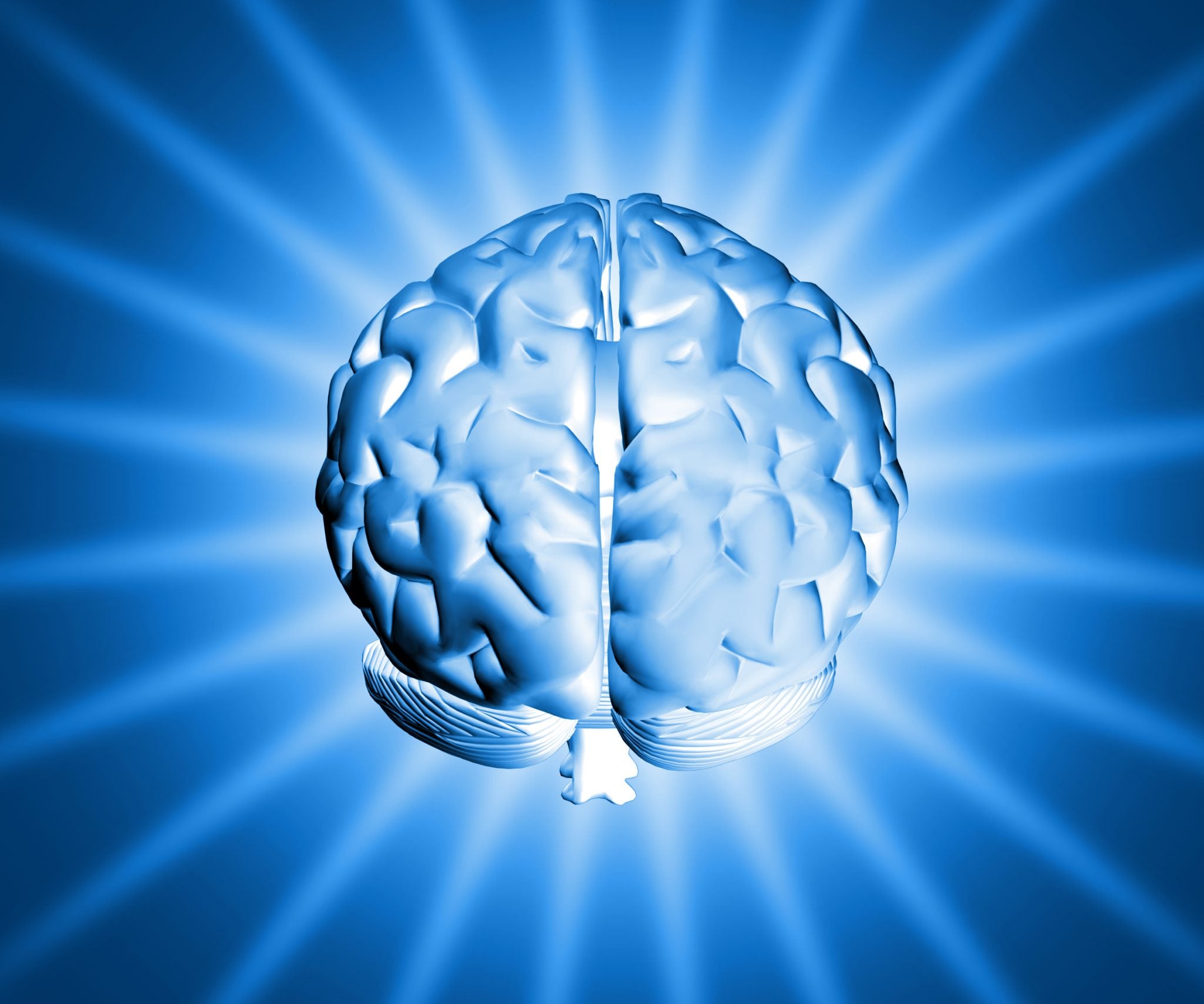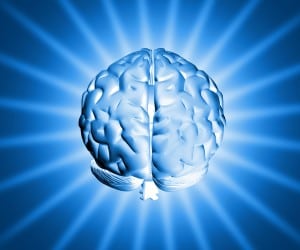You know that feeling that happens when you walk into a room where the music is too loud, the conversation is overwhelming and your brainbox can’t handle it? It’s called noise pollution, and everything turns static, basically becoming white noise. It’s the same thing that happens to our eyes when we walk into a store with too many options, or when our noses pick up too many smells in the perfume department, or when we have too many hands on our skin. Our senses become overwhelmed, and we’re lucky if they allow us to keep processing the experience at all, much less with any subtlety.
Our brains do that with people, too. When there’s too much information to process, we stop seeing subtlety. Instead of appreciating a “rainbow of individuality,” we stop seeing any individuality. Often, the only solution is to do what our brains naturally do whenever it is overwhelmed with information: we categorize. We do this with our sense, too. There are sweet tastes, and sour tastes. There are fruity smells, and musky smells. There are high notes and low notes. There soft touches and hard touches.
In order to manage the sheer variety of experiences, we simply must categorize. That’s how the brain works, and you’re probably doing it even now. (“That’s a good person, that’s a bad person.” “That’s a friendly person, that’s a grumpy person.” “That’s a hygienically responsible person, that person stinks to high Hell.”)
Unfortunately, while our minds are excellent at categorizing, when it comes to people we have a tendency to over-simplify these categories. We do what people have been doing for eternity: we overvalue our own experience and start assuming everyone thinks just like us. (This is obvious when people become pissed off at someone for “not knowing something so painfully obvious only an idiot would miss it.” They’re assuming that person sees what they see, processes what they process, and has simply chosen to come to a different conclusion because they want to be difficult.)
Instead of honoring individuals, the brain starts to homogenize thoughts, actions and motives. And because it’s an instinctive process instead of conscious, these categories are frequently arbitrary and don’t follow any reliable pattern.
That’s where typologies come in. Personality typologies are the study of these categories: patterns of human thought, action and development. Instead of being arbitrary, they undergo peer scrutiny and are essentially ripped to shreds if they don’t hold water. The best ones have decades (if not a century) of research supporting them.
No single model or typology is empirically right. But they are useful, and based upon study, review and research. As opposed to, say, biased personal experience.


Share:
"Accuracy" as a Decision-Maker
The #1 Application of Personality Type in Business